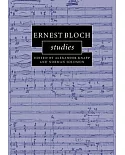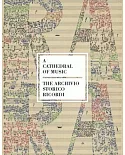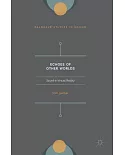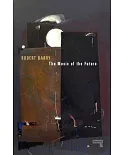Sounds of the Modern Nation explores the development of modernist and avant-garde art music styles and aesthetics in Mexico in relation to the social and cultural changes that affected the
country after the 1910-1920 revolution. Alejandro Madrid argues that these modernist works provide insight into the construction of individual and collective identities based on new ideas about
modernity and nationality. Instead of depicting a dichotomy between modernity and nationalism, Madrid reflects on the multiple intersections between these two ideas and the dialogic ways
through which these notions acquired meaning.
Madrid challenges the view that Latin American modernist music and other arts were mere imitations of European trends, advancing instead the argument that Latin American artists resignified
European ideas according to their specific historical and cultural circumstances. His work shows how microtonal and futurist music, modernist and avant-garde aesthetics, as well as indigenist
and indianist ideas entered a process of negotiation that ultimately shaped the ideological framework of twentieth-century Mexico.





















